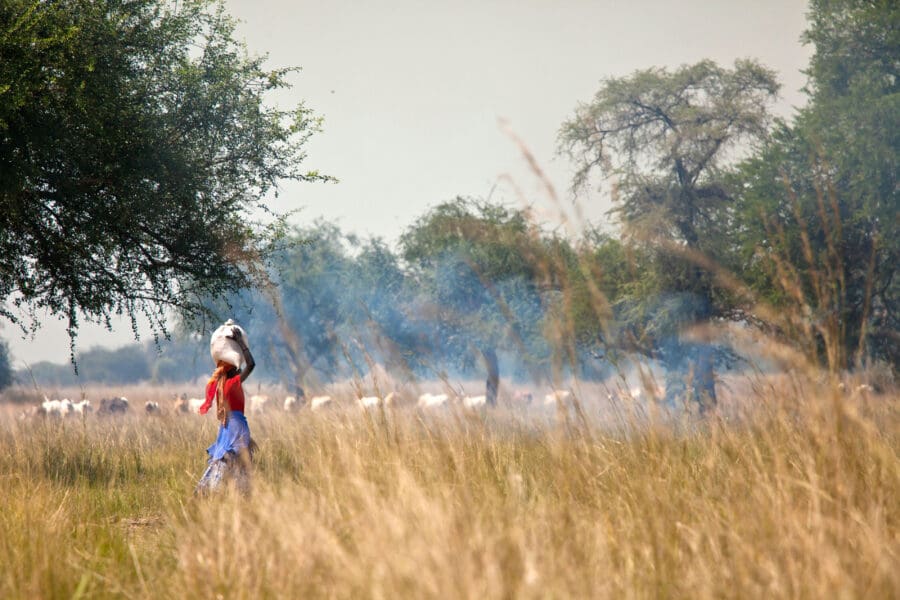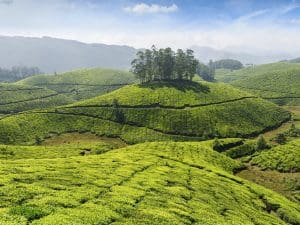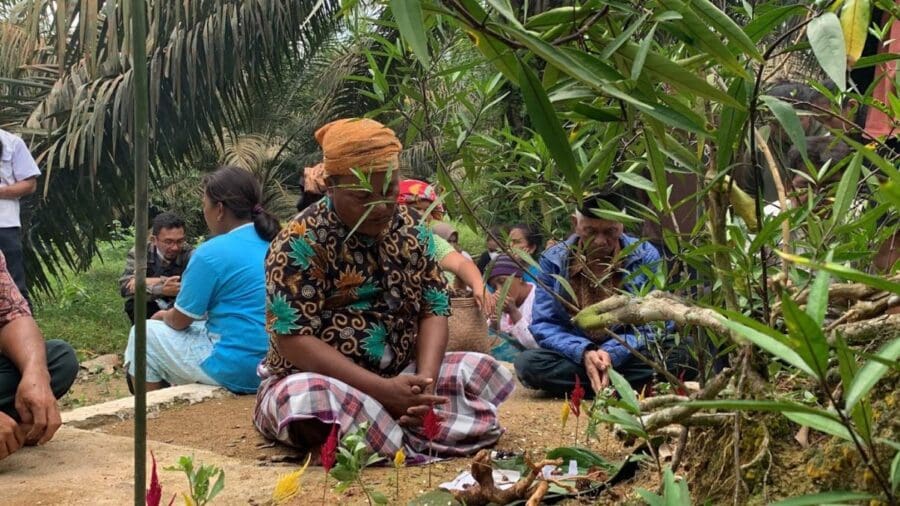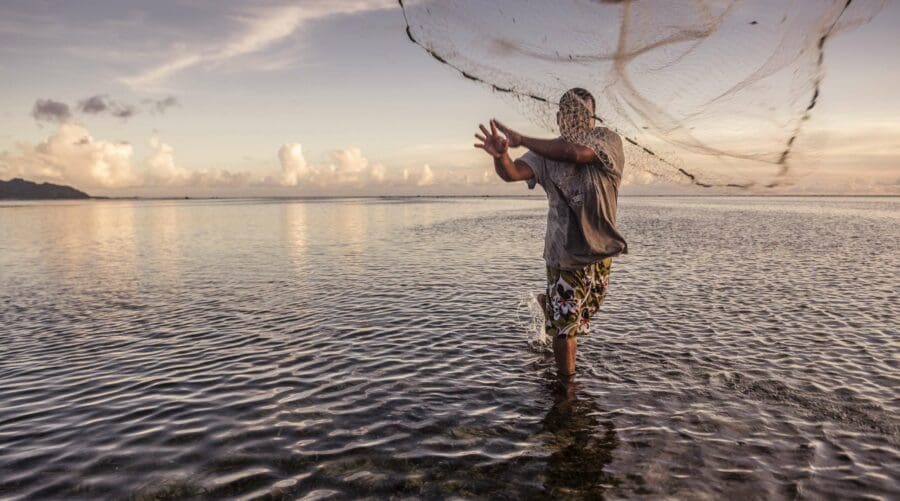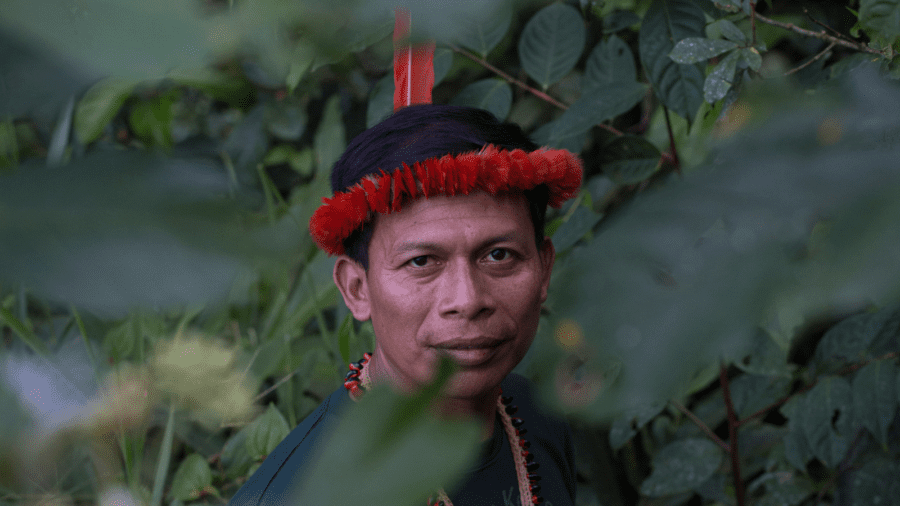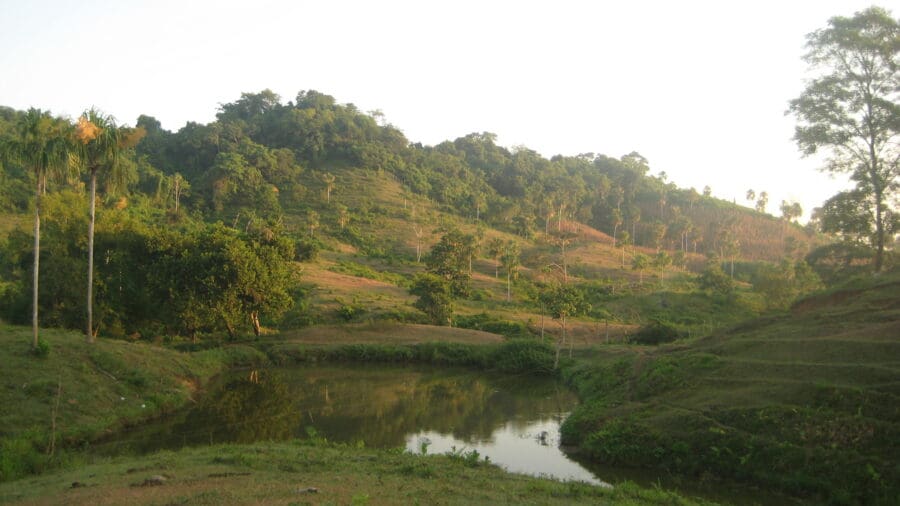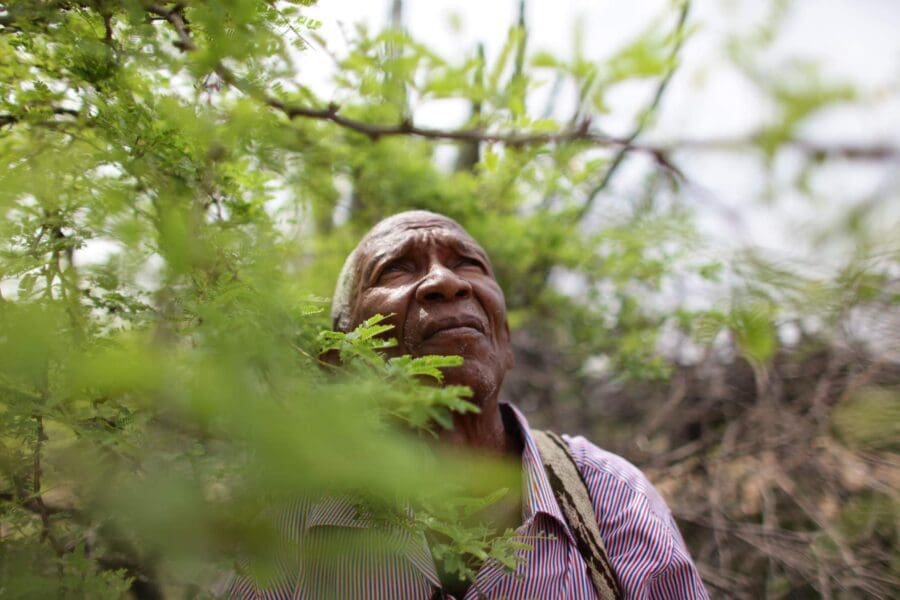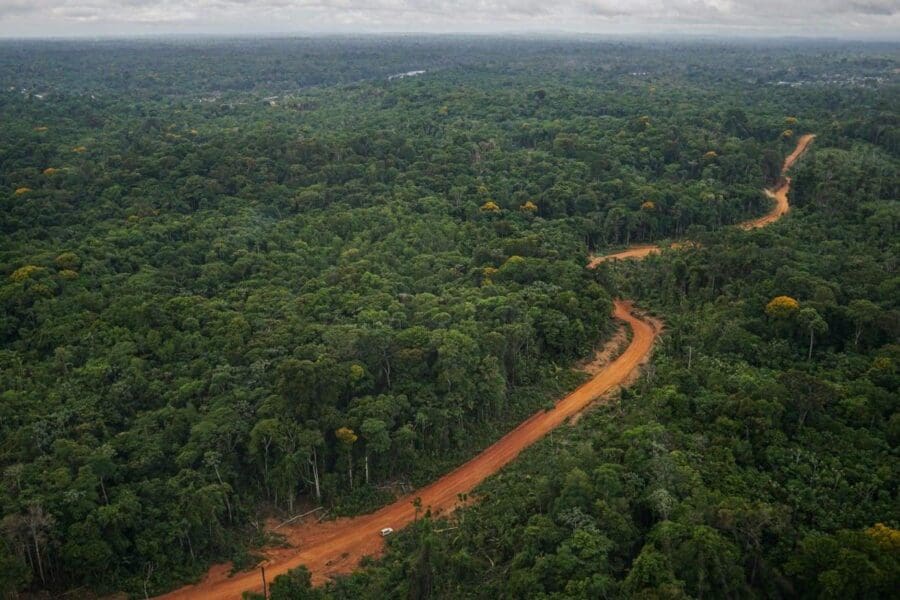La République démocratique du Congo (RDC), qui abrite la deuxième forêt tropicale au monde après le Brésil, est l’une des cibles prioritaires dans la lutte contre la déforestation…
Can seven pieces of information reduce land conflicts?
Large-scale land acquisitions can spark conflict because of their potential to drive local people from their land and homes, with research published last year showing displacement of local people was the most significant driver of investment disputes in Africa.
How Governments Across India Are Violating Forest Rights
As many as 26 cases across 11 states show that forest land is being acquired by the government for development projects like mining and dams’ construction by forging consent of tribespeople or by ignoring it, according to a new analysis.
REDD+ in Mai-Ndombe: A Threat to People and Forests?
REDD+ pilot projects implemented in Mai-Ndombe province, in the west of the Democratic Republic of Congo (DRC), can harm beneficiaries without stopping deforestation, according to…
UN schemes to save forests ‘can trample on tribal rights’
The only UN-approved financial mechanism to curb deforestation, a key driver of global warming, has bulldozed the rights of forest-dwelling peoples on three continents and needs to be fixed, experts say.
Report finds projects in DRC ‘REDD+ laboratory’ fall short of development, conservation goals
The Rights and Resources Initiative (RRI), a group of governmental and non-governmental organizations, released a new report on March 14. In it, the group claims that a set of conservation and development projects known collectively as REDD+ are sidelining local communities in Mai-Ndombe and infringing on their rights to control what happens to their forest homes.
Los proyectos climáticos de la ONU en RDC dejan a las comunidades locales en peores condiciones
Un programa de Naciones Unidas a gran escala para detener la deforestación en República Democrática del Congo, donde se encuentra la segunda selva tropical más…
Forêt et crédits carbone en RDC: la fuite en avant de la Banque mondiale
« Réduire les émissions liées à la déforestation et à la dégradation des forêts ». Ce mécanisme REDD+ imaginé par la Banque mondiale est très critiqué. D’autant…
U.N. climate projects in Congo leave locals worse off – report
A large-scale United Nations programme to halt deforestation in the Democratic Republic of Congo, home to the world’s second-largest rainforest, is harming local communities and failing to protect forests, land rights researchers said on Wednesday. The U.S.-based group Rights and Resources Initiative (RRI) called on the World Bank to withhold funding from 20 current or pending projects in the province of Mai-Ndombe, which has been a test case for a U.N.-backed conservation scheme known as REDD+.
UN forest project ‘does more harm than good’
The harm a UN forest project in Africa is doing to local people is greater than the good it is managing to achieve for them, researchers say. They say they have found significant flaws in conservation projects in a densely-forested region of the Democratic Republic of the Congo (DRC), where a decision on future investment by the World Bank’s Forest Carbon Partnership Facility(FCPF) is imminent.
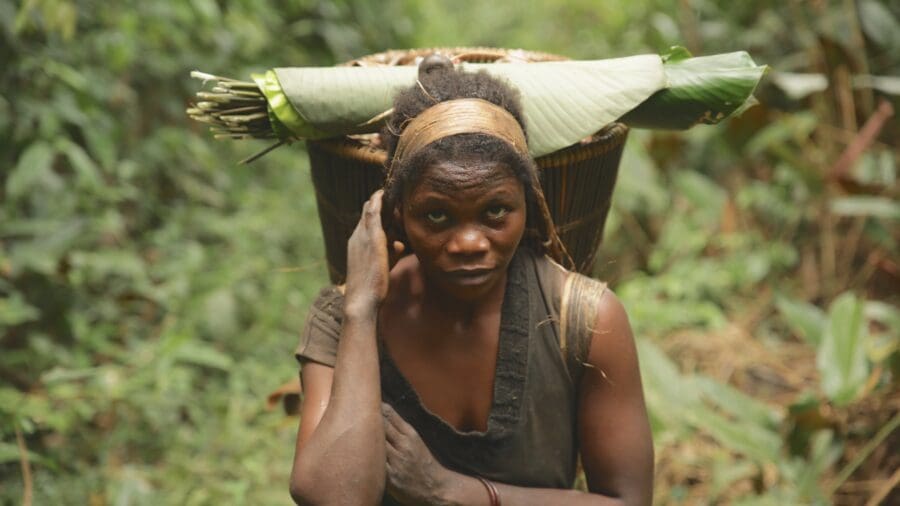
New Reports: International Efforts to Stop Deforestation Threaten Indigenous Peoples & Local Communities that Protect Tropical Forests and Vital Stores of Carbon
In a new study released today, researchers say they have identified significant flaws in ambitious forest preservation projects underway in a densely-forested region of the Democratic Republic of the Congo (DRC), where a decision on future investment by the World Bank’s Forest Carbon Partnership Facility (FCPF) is imminent. The DRC province of Mai-Ndombe has been a testing ground for international climate schemes designed to halt forest destruction while benefiting indigenous and other local peoples who depend on forests for their food and incomes, with US$90 million already dispersed or committed for climate finance in the province.
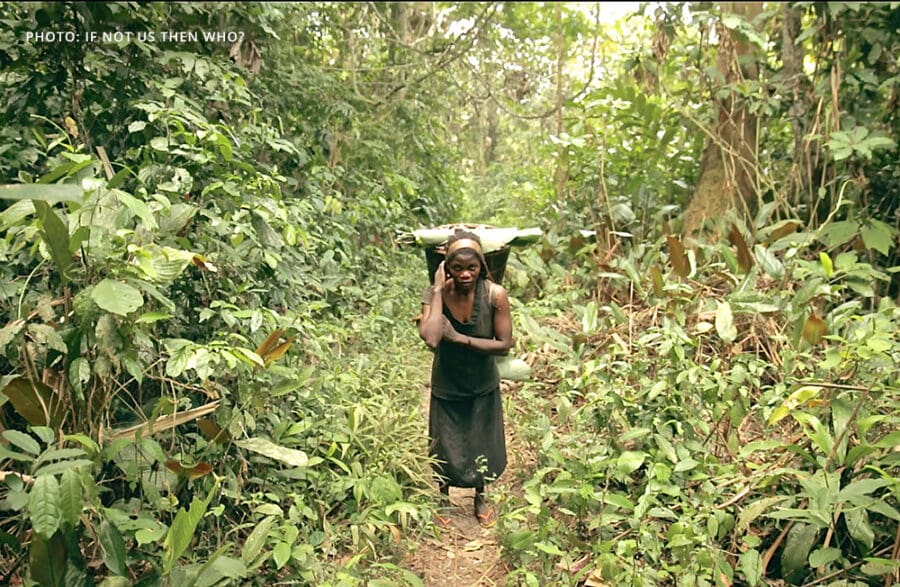
New reports: Secure land and carbon rights for Indigenous Peoples and local communities are vital to REDD+ success
A new analysis of the Democratic Republic of Congo’s Mai-Ndombe province finds REDD+ investments in the region are moving forward without clear recognition of the land rights of Indigenous Peoples and local communities. The findings come at a crucial time, as a decision on future investment by the World Bank’s Forest Carbon Partnership Facility is imminent.

